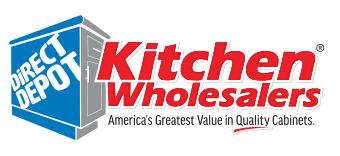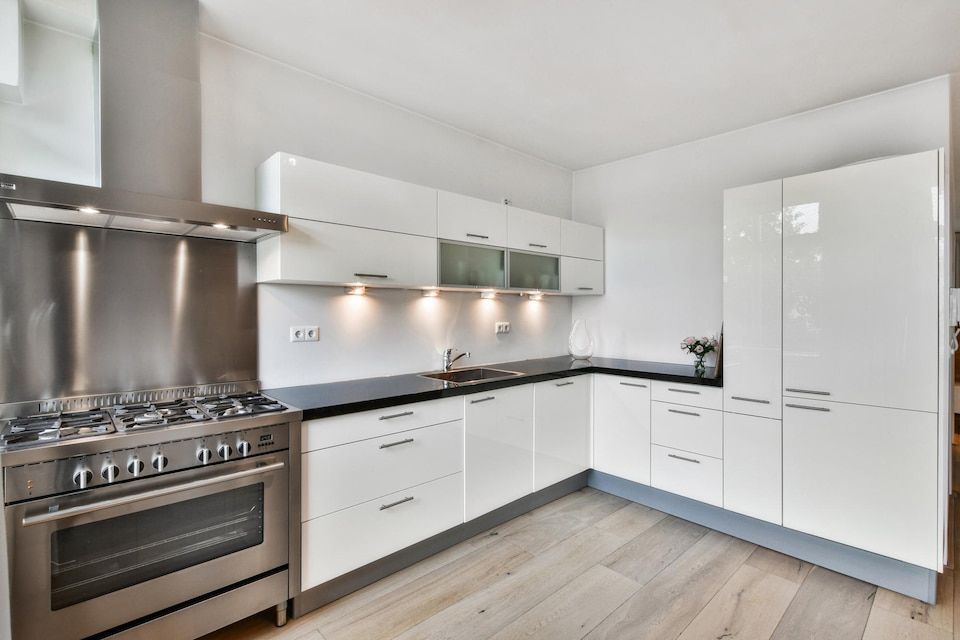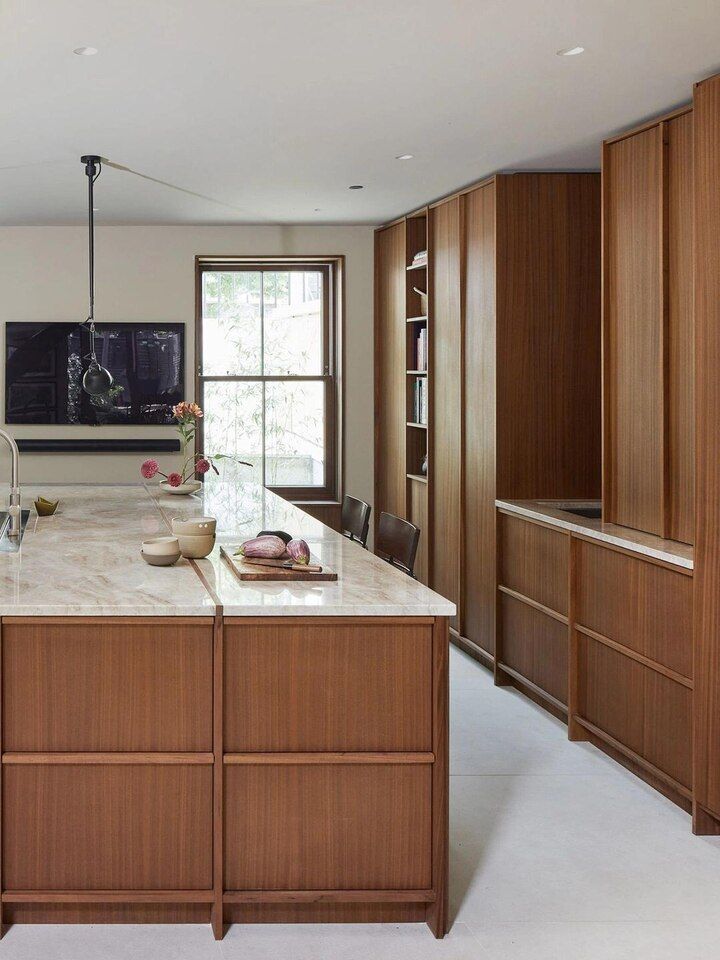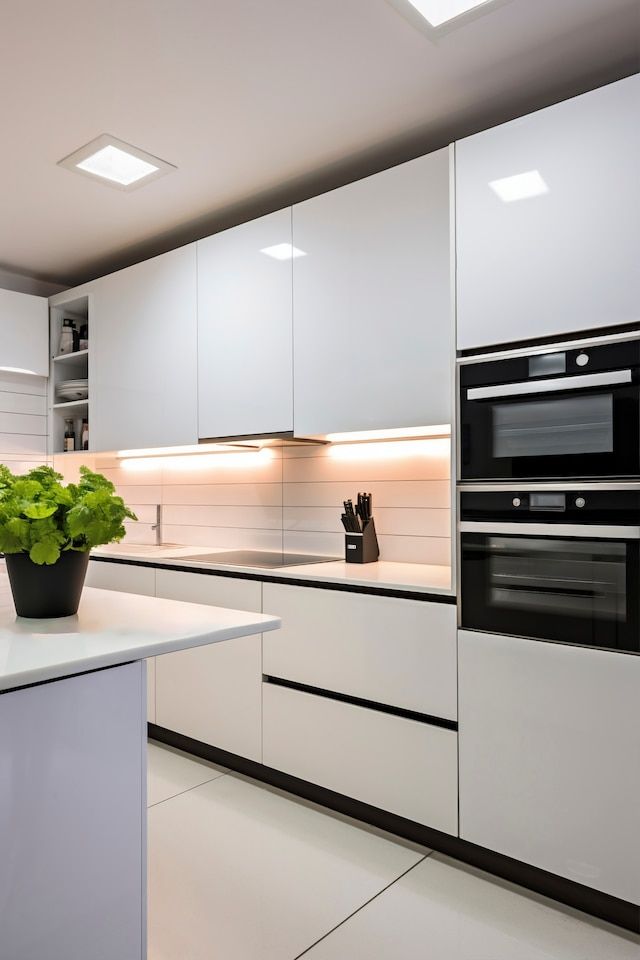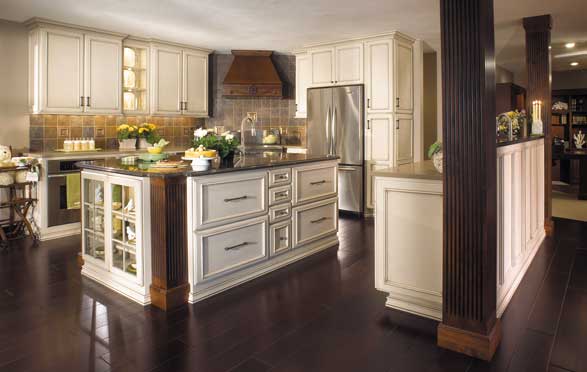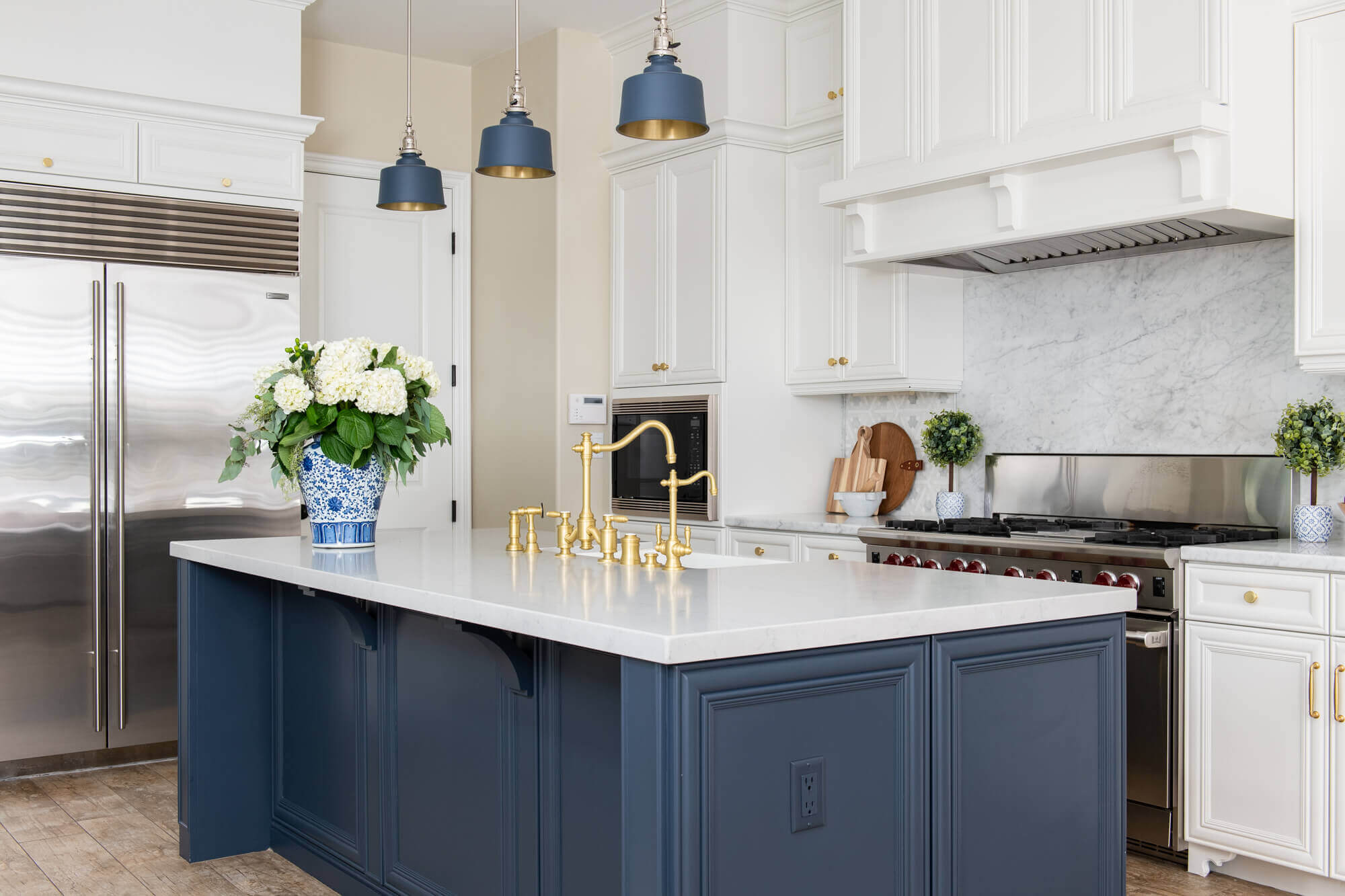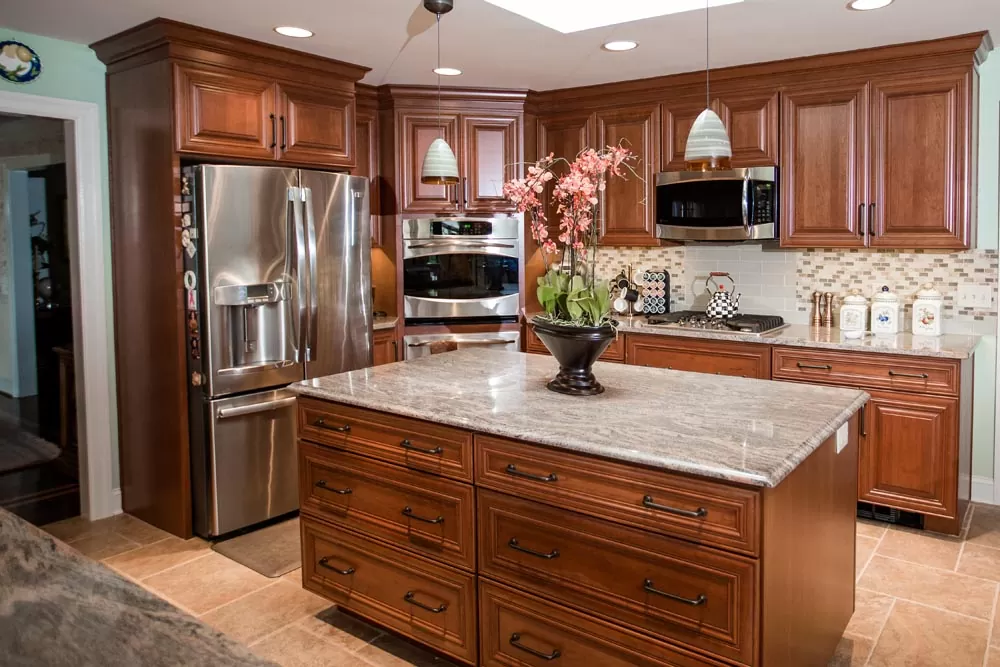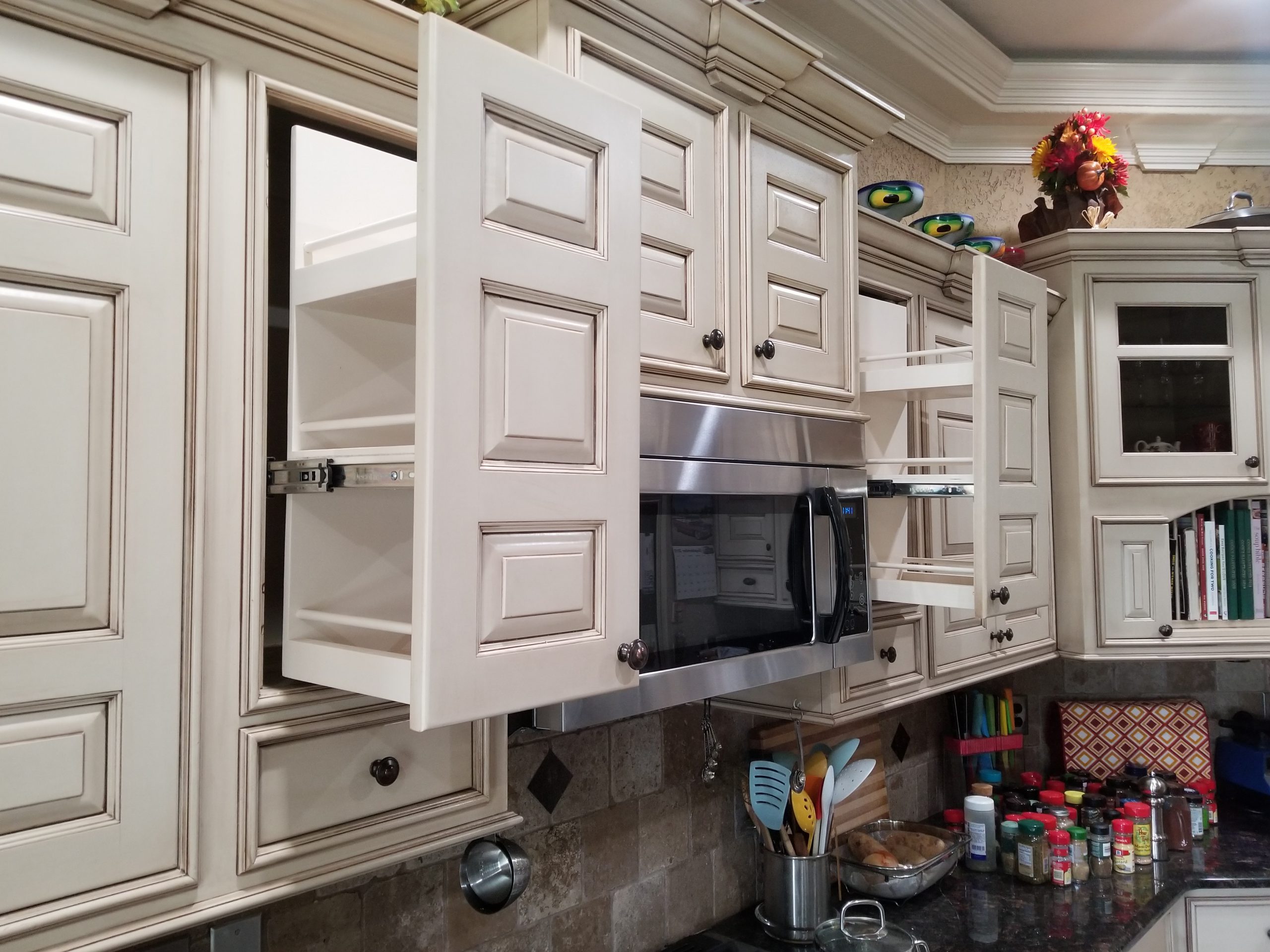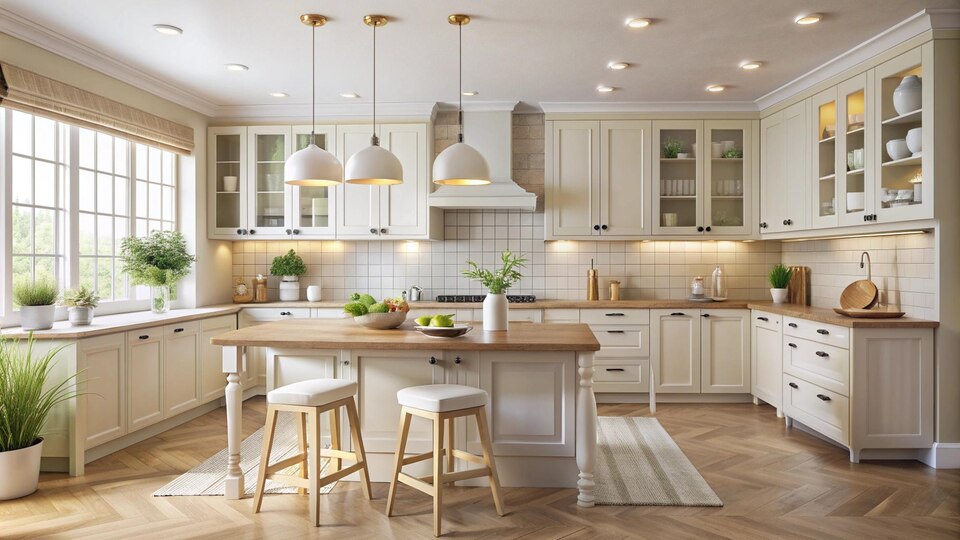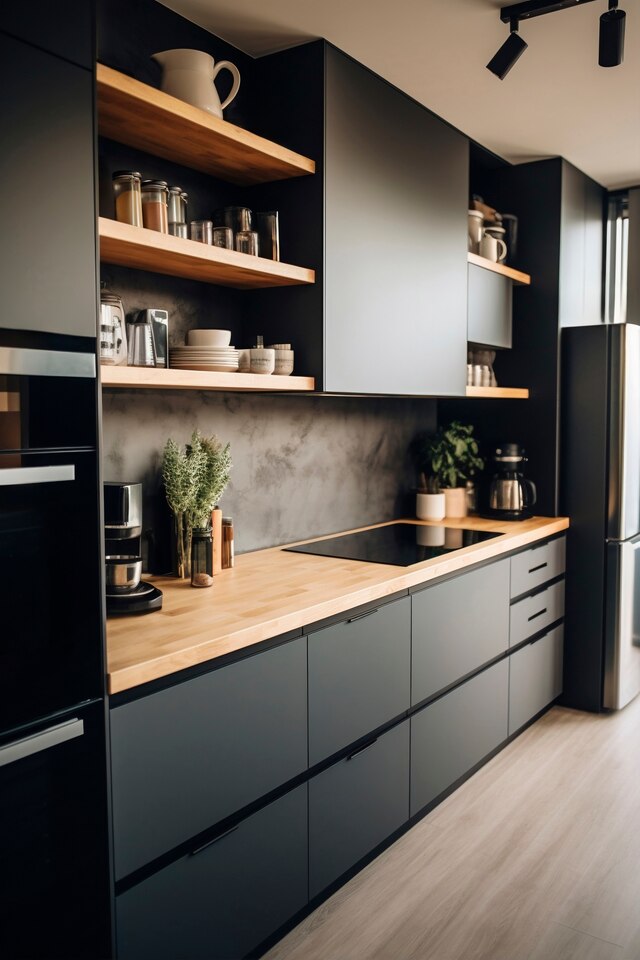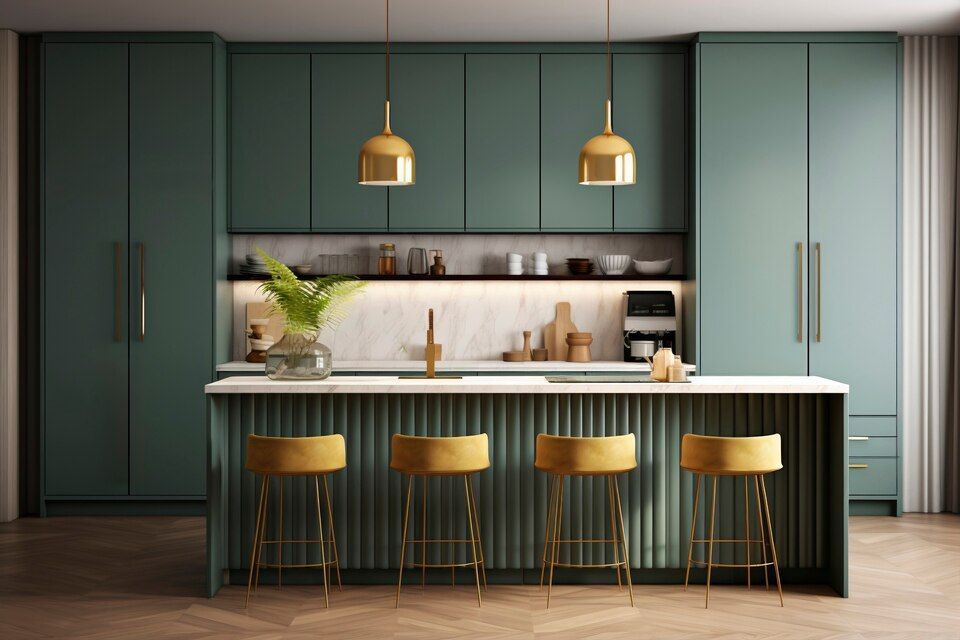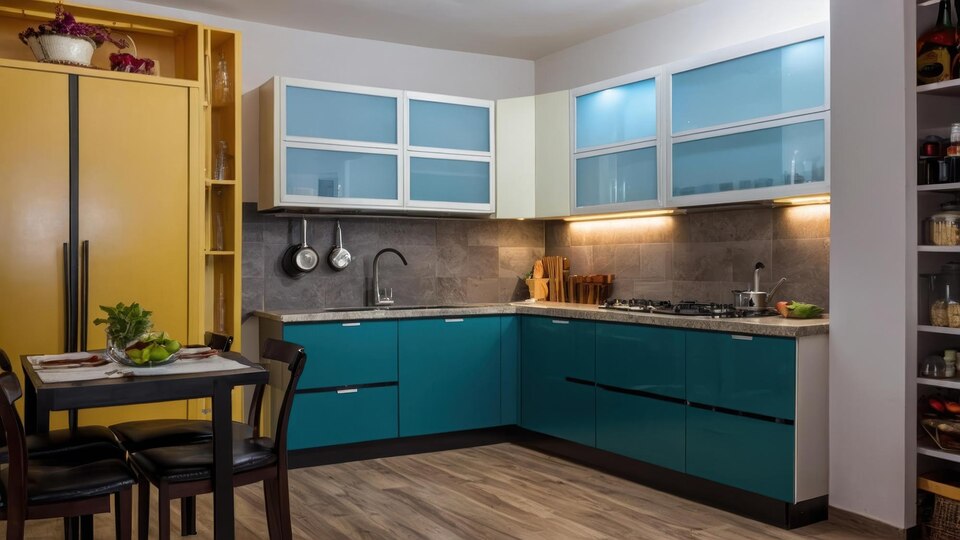What Cabinet Material Is the Best?
When it comes to designing or remodeling your kitchen, few decisions are as important as choosing the right cabinet material. Cabinets occupy a significant portion of both visual and functional space, making them a key factor in both your kitchen’s appearance and its durability over time.
At Direct Depot Kitchen Wholesalers, we’re here to help you make informed choices that align with your design preferences, lifestyle, and budget. In this post, we’ll break down the most popular cabinet materials on the market, compare their pros and cons, and answer the ultimate question: What cabinet material is the best?
Solid Wood: The Timeless Classic
Solid wood cabinets are crafted from lumber and are a popular choice due to their natural beauty. Species like oak have a prominent grain for a traditional look, whereas maple and cherry offer a finer, smoother texture. Each type of wood presents a unique character.
This material has a classic appeal that never goes out of style and can significantly increase a home’s resale value. It is known for its strength and ability to last for generations with proper care, and it can be sanded and re-stained or painted if you ever want a change.
- Pros:
- Strong and long-lasting
- Beautiful natural appearance
- Can be refinished
- Adds home value
- Cons:
- Generally, the highest cost
- Reacts to humidity
- Can warp or crack
Learn more about which material is best for custom cabinets when you contact Direct Depot Kitchen Wholesalers at (973) 339-0753.
Plywood: The Versatile Workhorse
Plywood is an engineered wood product made from thin sheets of wood veneer, called plies, glued together. The grain of each layer is alternated at a 90-degree angle, which gives the material impressive strength and stability against stress.
This construction makes plywood highly resistant to warping and swelling. The quality varies by grade, so look for cabinet-grade plywood for the best results. It is a reliable mid-range option that performs very well as a cabinet box material.
- Pros:
- Excellent strength
- Resists moisture better than MDF
- Holds fasteners securely
- Lighter than particleboard
- Cons:
- Costs more than MDF
- Visible layered edges need covering
- Quality can vary
Medium-Density Fiberboard (MDF): The Smooth Operator
Medium-Density Fiberboard, or MDF, is another engineered product made by breaking down wood into fine fibers. These recycled fibers are then mixed with wax and a resin binder and pressed into dense, flat panels under high heat and pressure.
Its main advantage is its incredibly smooth and uniform surface, free of any wood grain. This makes MDF a perfect substrate for paint, creating a flawless finish. Some manufacturers now offer low-VOC versions for improved indoor air quality.
- Pros:
- Perfectly smooth surface
- Ideal for painted cabinets
- Resists cracking and peeling
- Affordable
- Cons:
- Very heavy
- Absorbs water like a sponge
- Cannot be stained
Particleboard: The Budget-Friendly Option
Particleboard is made from wood chips, sawdust, and wood shavings that are bonded together with resin and compressed. It is the least expensive cabinet material available, making it a common choice for budget renovations and mass-produced furniture.
You will often find particleboard in ready-to-assemble furniture and as a substrate for laminates. Even some high-quality cabinet lines use it for non-structural components to manage costs. It is a functional material when the price is the primary concern.
- Pros:
- Lowest cost material
- Lightweight
- Smooth, uniform surface
- Cons:
- Least durable option
- Prone to swelling from moisture
- Does not hold screws well over time
Laminate and Thermofoil: The Surface Specialists
These are surface finishes applied over a substrate like MDF or particleboard. High-pressure laminate (HPL) is extremely durable, while low-pressure laminate (LPL), or melamine, is a more affordable but less impact-resistant option.
Thermofoil is a thin layer of vinyl that is vacuum-pressed onto a substrate using heat and pressure. Both options come in a massive range of colors, patterns, and even wood-grain textures, offering endless design flexibility without the cost of real wood.
- Pros:
- Very easy to clean
- Huge variety of styles
- Resistant to stains
- Cost-effective
- Cons:
- Can chip or peel at the edges
- Difficult or impossible to repair
- High heat can cause delamination
Metal: The Modern Edge
Stainless steel and other metals like aluminum bring a sleek, contemporary, or industrial look to a kitchen. They are most famous for their use in commercial kitchens because they are non-porous, a characteristic that makes them incredibly hygienic.
This material is exceptionally durable, waterproof, and resistant to heat and stains. While stainless steel is common, metals like copper or powder-coated aluminum can also be used for unique accents. For a home setting, metal cabinets create a bold statement that is both functional and stylish.
- Pros:
- Extremely strong and durable
- Hygienic and simple to sanitize
- Unaffected by heat or humidity
- Creates a modern look
- Cons:
- It can be an expensive option
- Shows fingerprints and smudges
- Susceptible to scratching and denting
Comparing Key Factors for Cabinet Materials
Selecting a material involves balancing several factors. This section directly compares the options based on cost, durability, and the maintenance they require, helping you prioritize what matters most for your project.
Cost Comparison
The price of cabinet materials varies widely, directly impacting your project’s total budget. Solid wood stands as the most expensive option, with its price fluctuating based on the rarity and desirability of the wood species.
Plywood follows as a premium mid-range choice, offering excellent performance for its price. MDF offers a more affordable alternative for painted styles, while particleboard with a laminate or thermofoil finish is the most economical solution available.
Durability and Longevity
The material’s durability determines how well your cabinets will hold up to the demands of daily use. Solid wood and high-grade plywood are the top performers, promising decades of reliable service and holding their structural integrity.
MDF provides good stability for doors and panels, but suffers when exposed to significant water, which can cause irreversible swelling. Particleboard is the most fragile and is best reserved for low-use areas, light-duty storage, or temporary solutions.
Maintenance and Care
The effort needed to keep your cabinets looking new differs by material. Solid wood may need occasional polishing and is sensitive to extreme changes in humidity, which can cause the wood to expand or contract, affecting joints over time.
Plywood requires little specialized care once it is installed and finished. Laminate, thermofoil, and metal surfaces are the easiest to maintain with a simple wipe-down, but damage to them in the form of deep scratches or peeling is often permanent.
At Direct Depot Kitchen Wholesalers, we typically recommend plywood cabinets as the best all-around option for most homeowners. They offer a balance of strength, durability, and cost-effectiveness—especially when paired with solid wood doors for a premium finish.
What Cabinet Material Is the Best?
Choosing the best cabinet material isn’t just about price—it’s about value, longevity, and how well it suits your lifestyle. From solid wood’s timeless appeal to plywood’s strength and MDF’s sleek painted finishes, there’s a perfect material for every kitchen.
Still unsure which cabinet material is right for you? Visit our showroom or schedule a free consultation with our expert designers. At Direct Depot Kitchen Wholesalers, we’re committed to helping you build the kitchen of your dreams—one cabinet at a time. We are located at 24 Newark Pompton Turnpike (Rt. 23), Little Falls, NJ 07424.
